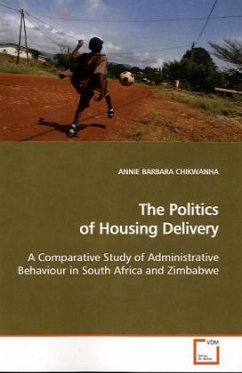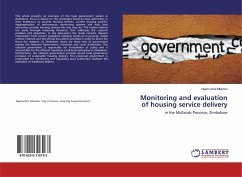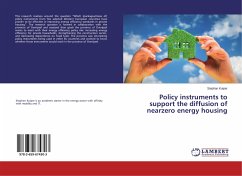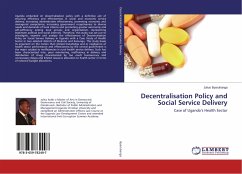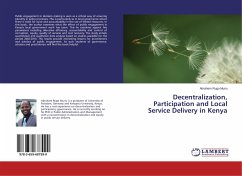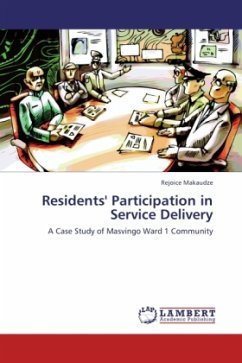Grand theories such as neo-patrimonialism that
converge on the state penetration of society, have
dominated debates on resource allocation models in
Africa. Such grand theories have failed to account
for the trajectories of the different countries and
they risk losing validity as they cannot capture the
variations and the determinant factors across
countries. This book details how a different resource
allocation model shaped by the liberation culture ,
a culture that originated in the violent exile
liberation struggles in southern Africa, influences
housing land allocation. In the liberation culture ,
the ruling parties networks shape, prioritise and
determine who gets state resources and it has an
exclusivist orientation that engenders the formation
of new political identities thereby constructing a
new conception of citizenship. This comparative work
demonstrates how service seekers in South Africa and
Zimbabwe assume new identities that facilitate access
to housing resources. The emphasis is on how the
party penetrates the state and society. Academics,
students and housing delivery professionals will
find this book useful in understanding the post
liberation war state.
converge on the state penetration of society, have
dominated debates on resource allocation models in
Africa. Such grand theories have failed to account
for the trajectories of the different countries and
they risk losing validity as they cannot capture the
variations and the determinant factors across
countries. This book details how a different resource
allocation model shaped by the liberation culture ,
a culture that originated in the violent exile
liberation struggles in southern Africa, influences
housing land allocation. In the liberation culture ,
the ruling parties networks shape, prioritise and
determine who gets state resources and it has an
exclusivist orientation that engenders the formation
of new political identities thereby constructing a
new conception of citizenship. This comparative work
demonstrates how service seekers in South Africa and
Zimbabwe assume new identities that facilitate access
to housing resources. The emphasis is on how the
party penetrates the state and society. Academics,
students and housing delivery professionals will
find this book useful in understanding the post
liberation war state.

